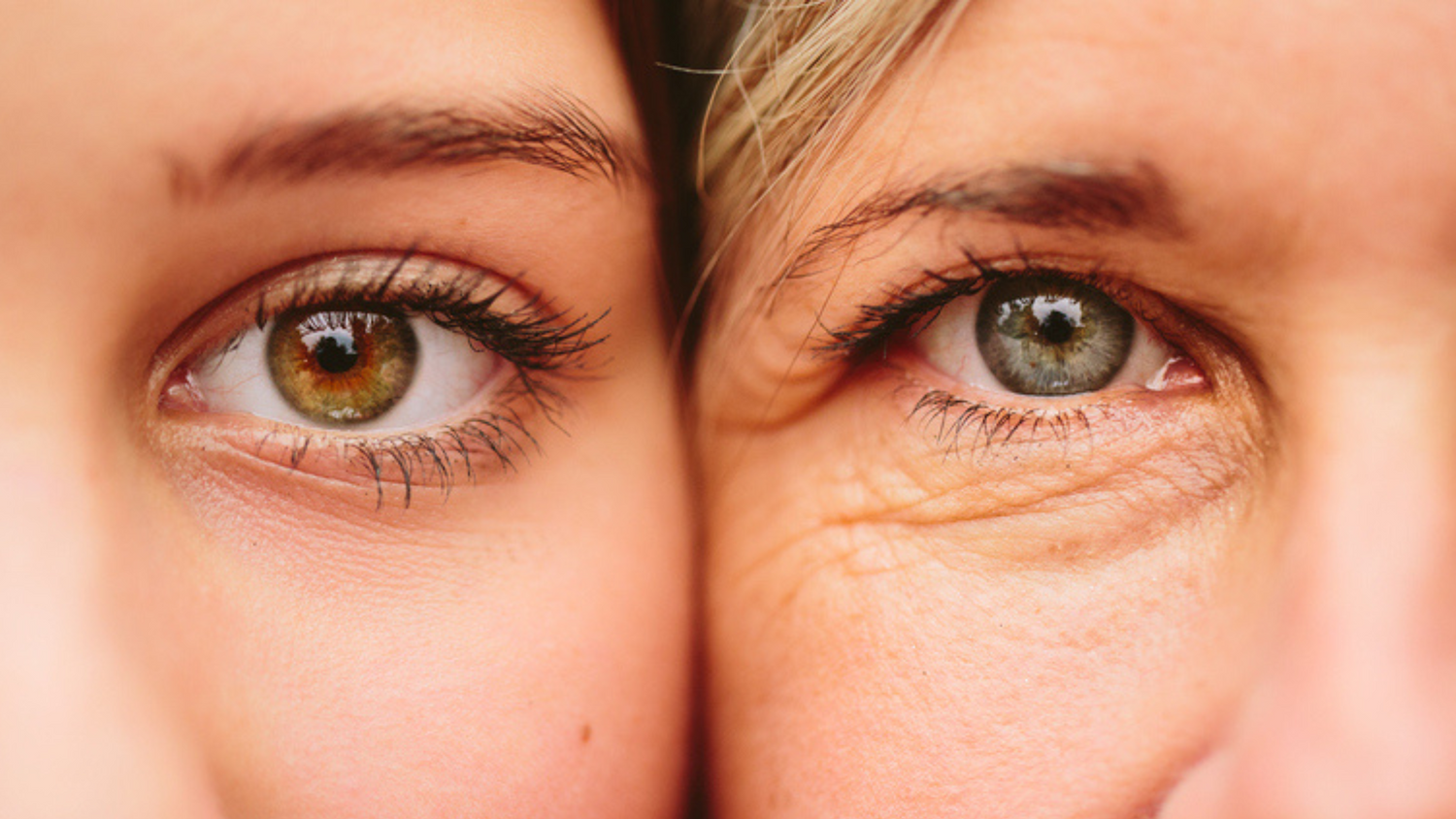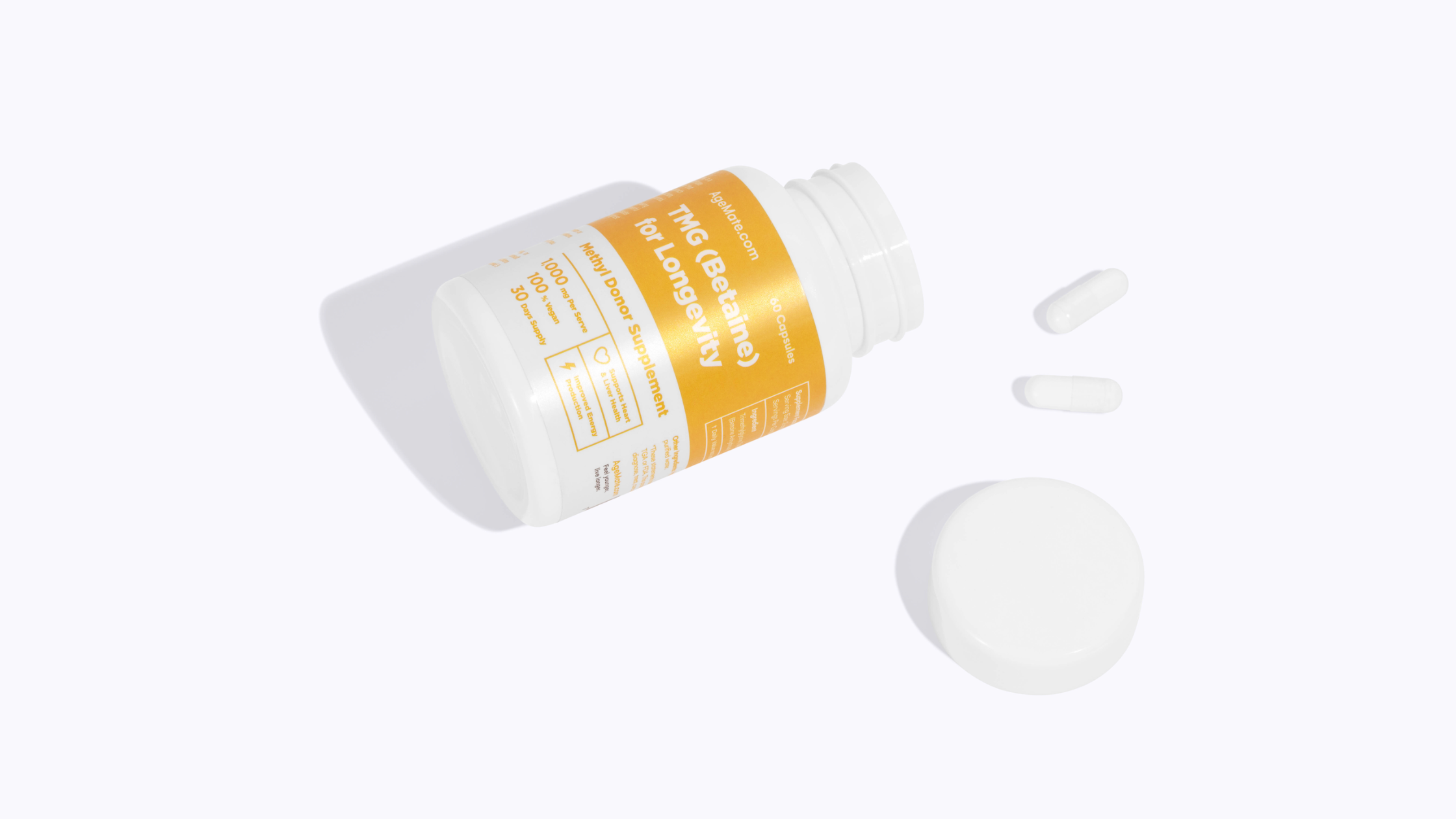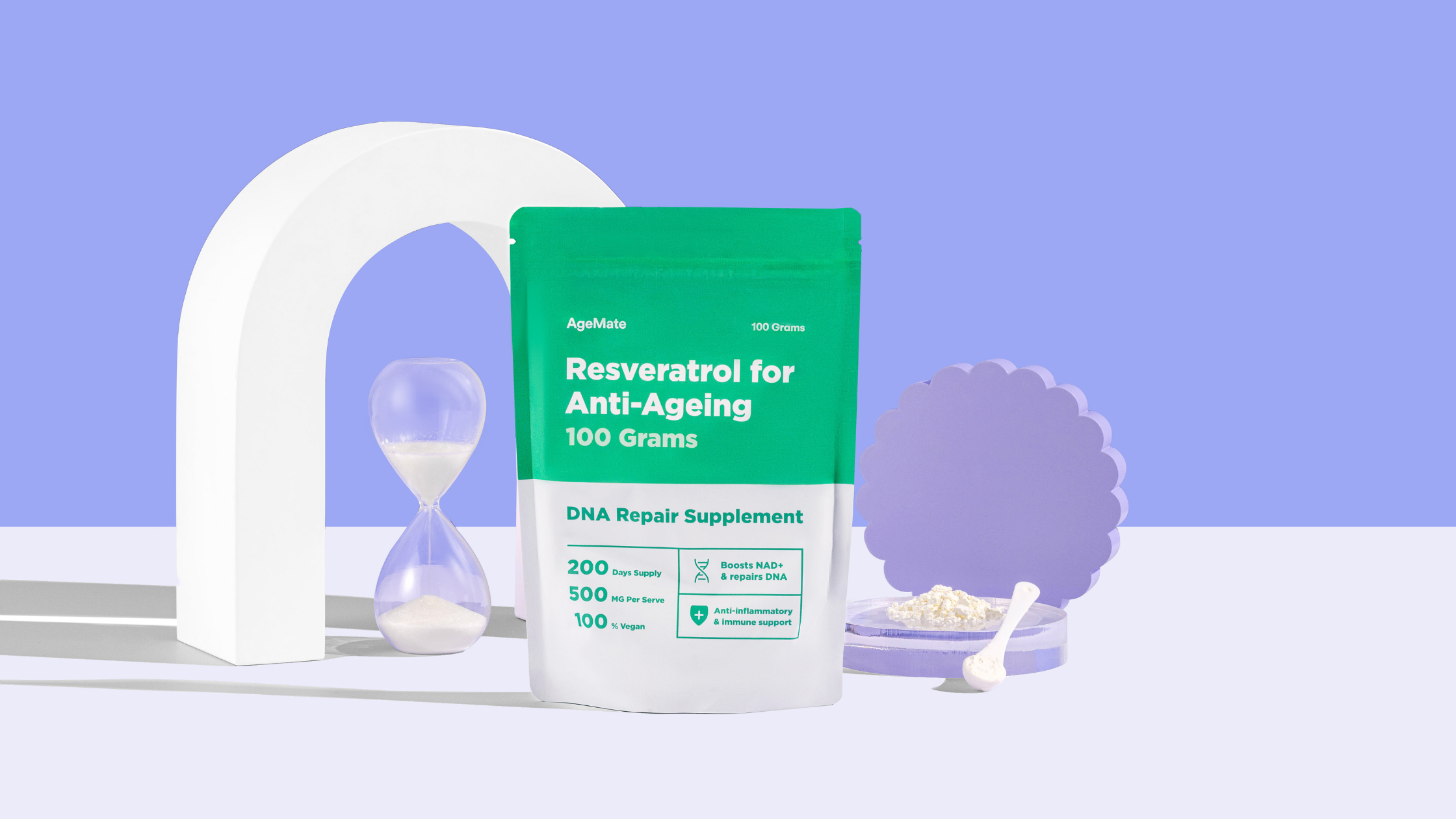Are you curious about which anti-aging strategies really work? What really keeps skin healthy from decade to decade? With countless remedies, routines, and products claiming to slow down the aging process, it's essential to separate fact from fiction.
Here, we explore popular anti-aging strategies, bust myths and dive into what science has to say about each. Additionally, we'll answer some burning questions regarding skin aging.
Do You Only Need to Wear Sunscreen on Sunny Days?
Studies have shown that UV exposure is responsible for 80% of visible facial aging signs, such as wrinkles and hyperpigmentation. UV radiation can penetrate clouds and even windows, causing skin damage.
Everyday use (not just on those sunny days) of broad-spectrum sunscreen with an SPF of 30 or higher can prevent sunburn and reduce the risk of skin aging and cancer (R).
Have You Heard Melatonin Can Reverse Skin Aging?
Interestingly melatonin is gaining some attention in the arena of skin aging. Melatonin has been shown to have protective effects on cell physiology and tissue homeostasis, especially in skin cells exposed to ultraviolet radiation (UVR), which can cause extensive damage through oxidative stress or DNA damage.
Currently, topical melatonin and its derivatives hold promise as anti-aging and skin-protective agents, although their efficacy and mechanisms of action require further study (R).
Is Skin Aging All in Your Genes?
Genetics do play a role in how your skin ages; however, lifestyle and environmental factors have a significant impact. A healthy lifestyle, proper skincare and avoiding sun exposure can drastically slow down the aging process, regardless of your genetic predisposition (R).
Currently, research is being developed to create drugs using systems biology and deep learning to reduce human skin aging. Watch this space for some exciting developments (R).
Foods For Skin Aging Revealed
Research supports a Whole-Food Plant-Based (WFPB) diet to reduce skin aging. A WFPB diet enhances the body's antioxidant capacity and reduces gerontotoxins in the bloodstream, contributing to longer telomeres and healthier skin. Essential vitamins like A, C, and E, provided by this diet, play a crucial role in this process (R).
A Whole-Food, Plant-Based (WFPB) diet focuses on consuming foods in their most natural form. This means eating a variety of vegetables, fruits, whole grains, legumes (such as beans and lentils), nuts, and seeds.
Supplements For Skin Aging Revealed
The belief that simply taking anti-aging supplements can halt skin aging has been widely circulated. However, let's dive into what science says about this topic.
It's undeniable that specific supplements have garnered attention for their potential benefits in supporting skin health and mitigating the signs of aging. Among these, NMN (Nicotinamide Mononucleotide), vitamin C, and vitamin E stand out for their roles in promoting longevity and skin vitality.
NMN: NMN is celebrated for its ability to boost NAD+ levels, a critical coenzyme in cellular energy production and repair processes that decline as we age. Elevated NAD+ levels are linked with improved skin elasticity and reduced signs of aging (R).
Vitamin C: Vitamin C is a powerhouse antioxidant that aids in collagen synthesis, helping to maintain skin firmness and prevent premature wrinkling (R).
Vitamin E: Vitamin E acts as a protective barrier against oxidative stress and UV damage, preserving skin health and appearance (R).
While these supplements show promise in supporting skin health, they are not magic bullets. Integrating them into your regimen can provide an impressive layer of defence against aging. Still, they work best when used in tandem with a balanced diet and a consistent skincare routine.
If skin health is the goal, then AgeMate's NMN and Longevity Blends are your must-haves.

Skincare For Skin Aging Revealed
A simple routine that includes cleansing and moisturising can effectively maintain skin health. Choosing products with the right ingredients for your skin type and concerns is key.
Some key ingredients worth exploring include hyaluronic acid, vitamin C, vitamin E, hydroxy acids and niacinamide. Although, for skin aging, the front runner still appears to be retinoids.
Research has investigated a new dermocosmetic formulation enriched with a complex of retinoids for its anti-aging activity. In vitro studies demonstrated improved collagen and elastin synthesis and reduced MMP-1 secretion in UVB-irradiated cells, suggesting retinoids efficacy in preventing natural signs of aging (R).
It seems soy Isoflavonoids may be giving retinoids a run for their money. Research studied the efficacy of topical soy isoflavonoid in a guinea pig model for the treatment and prevention of photoaging. They found that isoflavonoids effectively prevented erythema and were comparable in efficacy to retinoids (R).
Burning Skin Aging Questions Answered
Does fake tan age your skin?
No, fake tan does not age your skin. However, some ingredients may cause dryness or irritation in sensitive individuals, so it's essential to moisturise and choose products wisely.
Does makeup age your skin?
Not directly, but failing to remove makeup thoroughly can lead to clogged pores and breakouts, which may accelerate aging. Choose non-comedogenic products and ensure you remove makeup before bed.
Does sunlight age your skin?
Yes, as mentioned, UV exposure is one of the primary causes of premature skin aging. Protecting your skin with sunscreen and clothing is crucial.
How to hydrate aging skin naturally?
Drink plenty of water, eat a diet rich in omega-3 fatty acids, and use hydrating skincare products containing ingredients like hyaluronic acid and glycerin.
By understanding the myths and facts about skin aging, you can take proactive steps towards maintaining healthy, youthful-looking skin for longer. Remember, consistency in your skincare routine, selecting the right supplements and making healthy lifestyle choices are key factors in promoting healthy skin aging.





